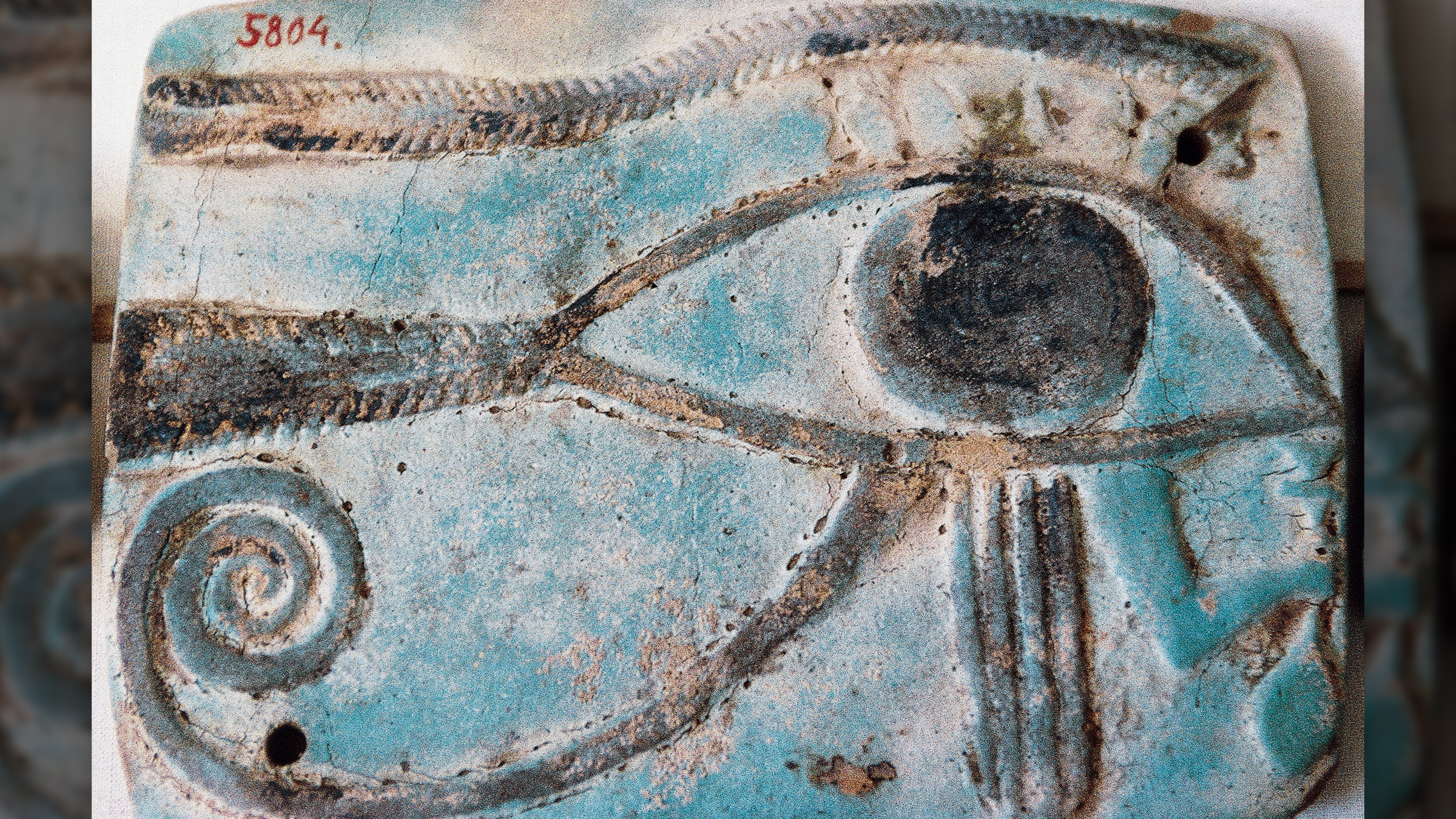Sharing a Bed with Fido Can Make You Sick

Sleeping with, kissing and being licked by your pet can make you sick. Although they are not common, documented cases show people contracting infections by getting too cozy with their animals, according to work by researchers in California.
These so-called zoonoses include contracting plague from flea-infested pets, a MRSA (Methicillin-Resistant Staphylococcus aureus) infection, a bacterial infection resistant to multiple strains of antibiotics originating from the canine family, and various parasitic worms.
document.addEventListener("DOMContentLoaded",function(){BZ.init({animationType:"filmstrip",contId:"bzWidget",catId:10654,keywordId:"",flowId:2278,pubId:36757});});
Bruno Chomel, a professor at the School of Veterinary Medicine at the University of California, Davis, said the research was prompted by stories he heard from his students when they described their relationships with their pets, and also from pet owners in general.
"In many countries, pets have become substitutes for childbearing and child care, sometimes leading to excessive pet care," Chomel and fellow researcher Ben Sun, of the California Department of Public Health, wrote in the February 2011 issue of the journal Emerging Infectious Diseases.
The authors cite surveys conducted in the U.S., the United Kingdom, France and the Netherlands, where between 14 and 45 percent of dogs sleep on or in an owners' bed, while 45 to 62 percent of cats sleep on or in the bed. Women were more likely than men to report sleeping regularly with Fido (25 percent and 16 percent, respectively), according to a 2005 study by the American Kennel Club. [America's Favorite Pets]
"I think pets can be very nice in the home environment, but certainly, they don't belong on the bed," Chomel told LiveScience.
Sign up for the Live Science daily newsletter now
Get the world’s most fascinating discoveries delivered straight to your inbox.
Since 1974, multiple cases of plague have been associated with people in the southwestern U.S. allowing flea-infested cats to sleep with them. (Plague is transmitted by fleas.) In a 2008 outbreak, a study found that people infected with bubonic plague were more likely to share a bed with a dog than uninfected counterparts. Dogs are the more worrisome carriers; a vet is more likely to recognize plague in cats, whose symptoms more closely resemble a human's, than in dogs, which rare get sick from it, according to Chomel.
Several reports of pasteurellosis – bacterial infections that can be acute and involve pneumonia, abscesses or even blood infection – have been attributed to sharing a bed with pets, being licked by or kissing pets. In one case, an infant contracted pasteurellosis after two family dogs had licked the hands of the infant's 2-year-old brother, who then let the infant suck on his little finger.
A couple was plagued by MRSA infections until the source was traced to a family dog that slept with them and licked their faces.
In multiple cases, patients acquired various infections after allowing their dogs or cats to lick wounds or damaged skin.
In the United States, the most common parasitic zoonoses linked to dogs are caused by hookworms (Ancylostoma) and roundworms (Toxocara canis), the researchers found. Some scientists have suggested the Toxocara worms get transferred to humans after contact with the eggs on a dog's fur.
It's not clear how often pet-to-human disease transmission occurs. This research includes only well-documented cases. Chomel emphasizes that the people most at risk are young children and those with compromised immune systems.
The researchers recommend that people avoid sharing their bed with a pet, or regularly kissing the animal. Any area licked by a pet — especially if it is an open wound or on a vulnerable person — should be washed immediately with soap and water, and pets should be kept free of fleas, dewormed and taken to regular veterinary visits, they write.
- Top 10 Mysterious Diseases
- 10 Things You Didn't Know About Dogs
- 10 Deadly Diseases That Hopped Across Species
You can follow LiveScience writer Wynne Parry on Twitter @Wynne_Parry.











